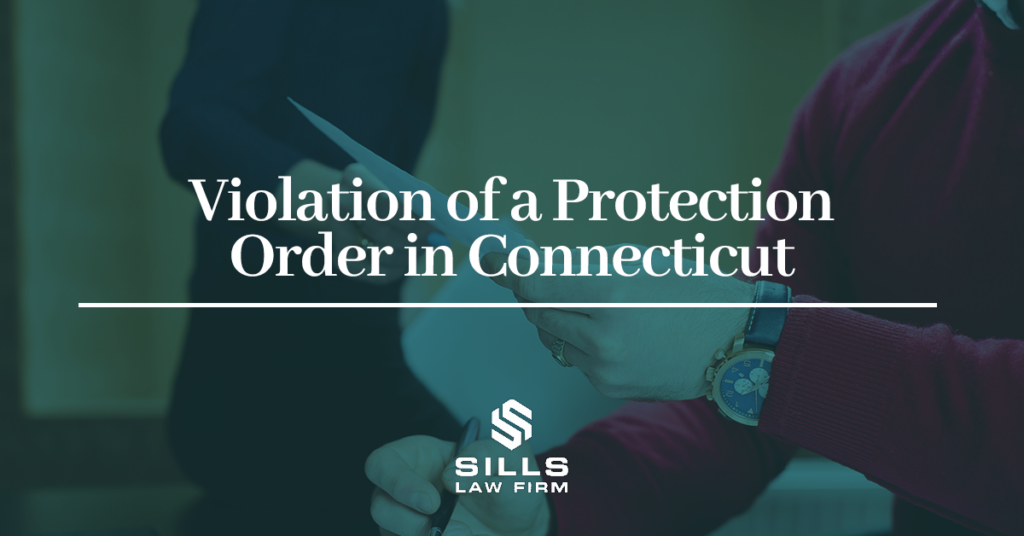
Were you stopped for driving under the influence in Connecticut? The laws in this state regarding DUIs are very tough, and it can be difficult for individuals to understand what rights they have in the event that they are pulled over. For instance, would you know what to do if you were asked to take a breath, urine, or blood test, or were asked to step out of your vehicle to perform a field sobriety test? Would you be able to tell the difference between a lawful DUI stop and an unlawful one? If not, read on to learn more about your rights and what you can and cannot do.
Connecticut is an Implied Consent State
Connecticut is an implied consent state, which means that drivers, as part of their driving privileges, are expected to automatically submit to chemical testing when an officer requests it. Although you have the right to refuse to take a blood, breath, or urine test, you cannot do so without penalty. Refusal of a chemical test to determine blood alcohol content level is a 45-day driver’s license suspension followed by 1 year with an Ignition Interlock Device (IID) for a first offense, a 45-day driver’s license suspension followed by 2 years with an IID for a second offense, and 45-day driver’s license suspension followed by 3 years with an IID for a third and subsequent offense. Unfortunately, because these types of tests are not always accurate, even a sober driver runs the risk of testing positive for intoxication when they are not.
OFFICERS MUST HAVE PROBABLE CAUSE TO PULL YOU OVER
Remember, in order for a law enforcement officer to stop you in the first place, he or she needs to show that there was probable cause that you were breaking a law. For example, the officer must have witnessed something like a traffic violation, a problem with the safety equipment on the vehicle, or swerving on the road — a possible sign of intoxication. Without probable cause to pull you over, the stop is unlawful, and any evidence that the officer gathers cannot legally be used against you.
YOU HAVE A RIGHT TO REFUSE TO ANSWER QUESTIONS
Most people have heard stories of DUI stops where the officer approaches the window and asks the question: “have you been drinking tonight?” This means they have seen some kind of sign that made them suspect that you were intoxicated — swerving, weaving, inconsistent driving actions, the smell of alcohol, etc. Remember, you don’t have to answer this or any other incriminating questions. Don’t be rude about it, though. Politely, but firmly, assert your right to speak with legal counsel prior to answering questions.
Defend Your Rights with Our Connecticut DUI Lawyer
Your right to an attorney begins once you have been formally placed under arrest. For a number of people, this is already after they have either done something incriminating or said something that may be construed as an admission of guilt. You can ask for a lawyer as soon as you are pulled over. In this case, you would simply provide the information the officer requests and not say anything further that could be used against you later in your case.
Backed by 20+ years of collective experience and thousands of successful cases, our Connecticut DUI lawyers at The Sills Law Firm have the skills and in-depth legal knowledge it takes to effectively defend your rights. DUI penalties can be harsh, which is why we work tenaciously to seek a reduction or elimination of charges to help our clients avoid the maximum penalty. During this difficult time, it is important to make sure you have skilled counsel on your side. With the loss of your driving privileges, possible fines, and potential jail time at stake, do not delay in getting the help you need to fight your charges.
Contact our legal team today to request a free & confidential case review.
Related:





